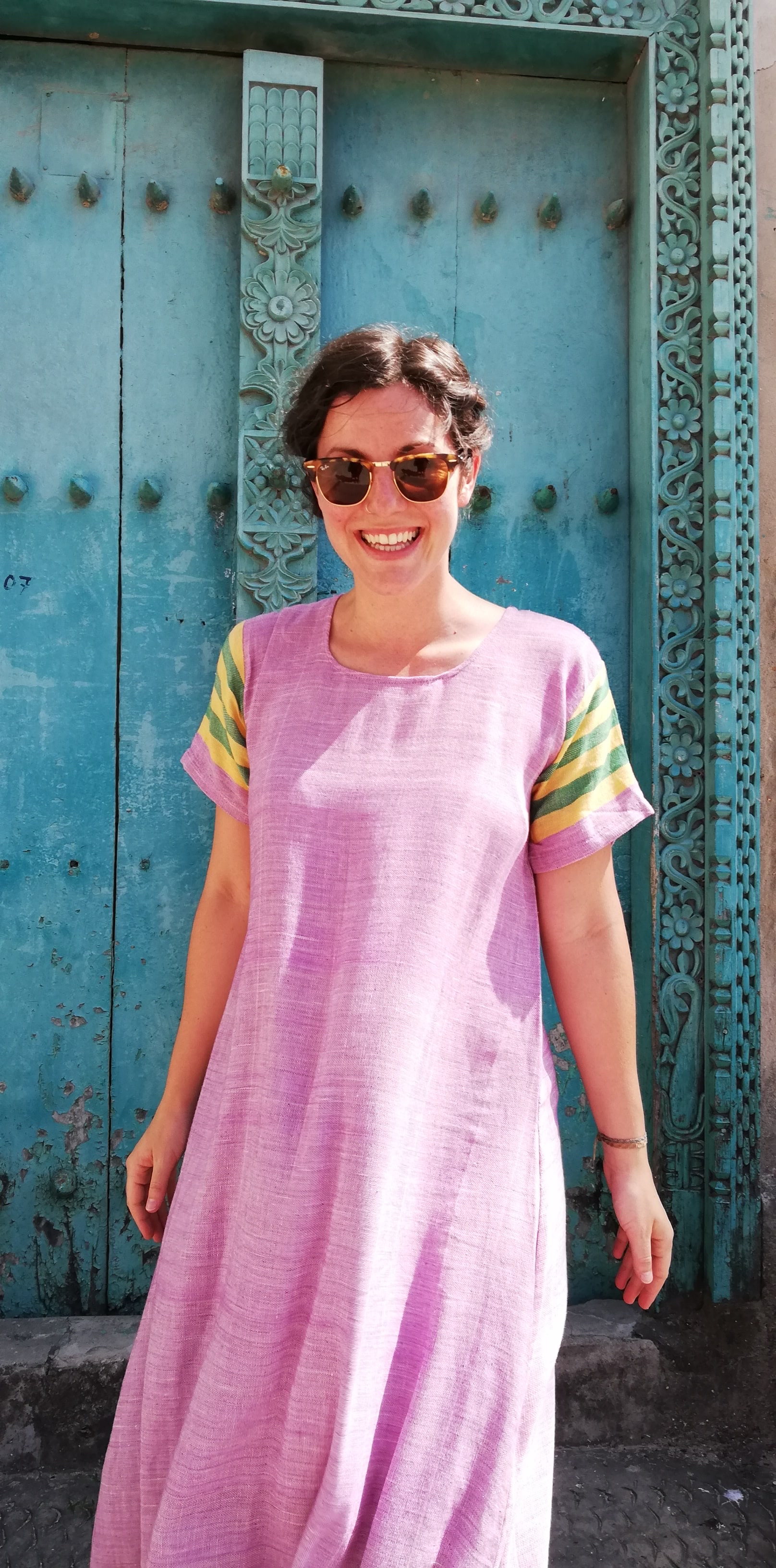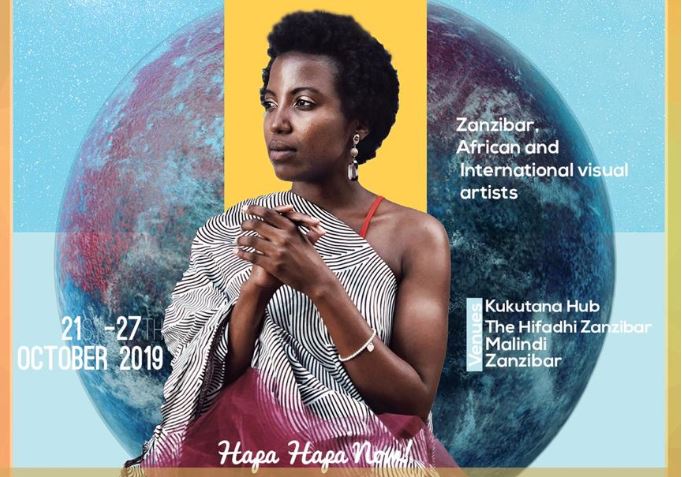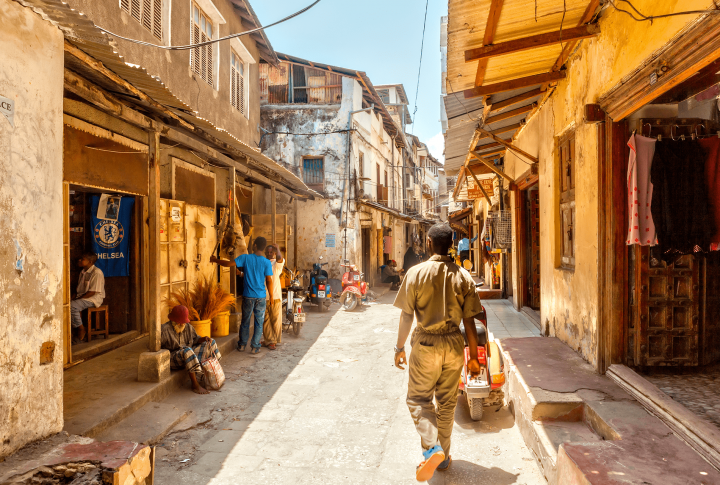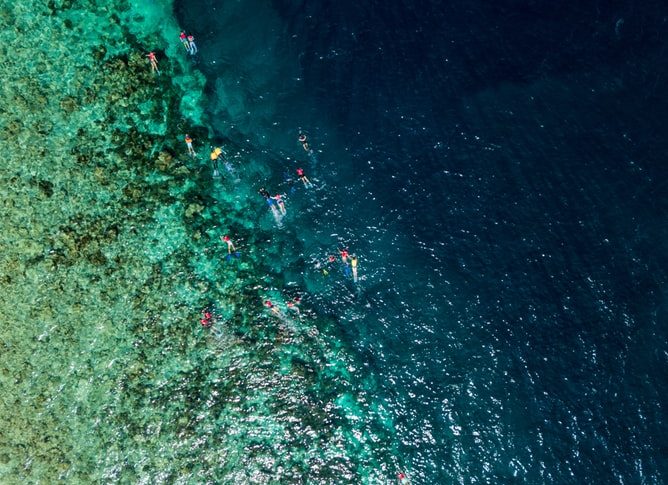
Dress to impress – how to dress culturally sensitive in Zanzibar
Your flight is booked, your app forecasting the weather in Zanzibar only knows the word “sunny” and you are about to put all your cute little summer dresses in your suitcase you were longing to wear all winter. You hesitate for a second and think “I can wear all of them in Zanzibar, right?” You remember an online text about Zanzibar quoting to dress sensitive but then again you saw also pictures on Instagram of your favorite blogger wearing beach shorts with a bikini top while there. You are confused, so what is it to take into consideration when going to Zanzibar? This article not only gives you fashion recommendations for both female and male travelers it also sheds light on the reasons for giving your travel wardrobe a second thought.
What makes Zanzibar unique is the fusion of a Muslim based society, an African heritage and a tropical picturesque setting. The way Zanzibar’s women dress can be best described as colorful, vibrant yet modest. The African patterns are combined with the Muslim understanding of covering the woman’s hair and body. You will see many women having several traditional cloths wrapped around their body, head and babies. They are called “kangas” and can also be used as a secret code to other women or men when having short Swahili proverbs imprinted on them.
Men either wear a traditional shoulder-to-ankle-kaftan which can be accompanied by a religious hat or they opt for long jeans, pants with t-shirts and shirts. Men are mostly seen with clothes which cover their shoulders and knees.
Zanzibaris are very kind, respectful and welcoming people. You will soon be enchanted by their cheerful being and helpful nature. Direct criticism is hard to find within Zanzibar’s culture therefore you will barely find anyone saying something unpleasant to you as a tourist. This also includes the dress code of the guests visiting. Zanzibaris see and realize the remarkable difference between the appearance of the tourists and them. What they notice is that compared to them tourists wear clothes with less fabric which results in showing more skin.
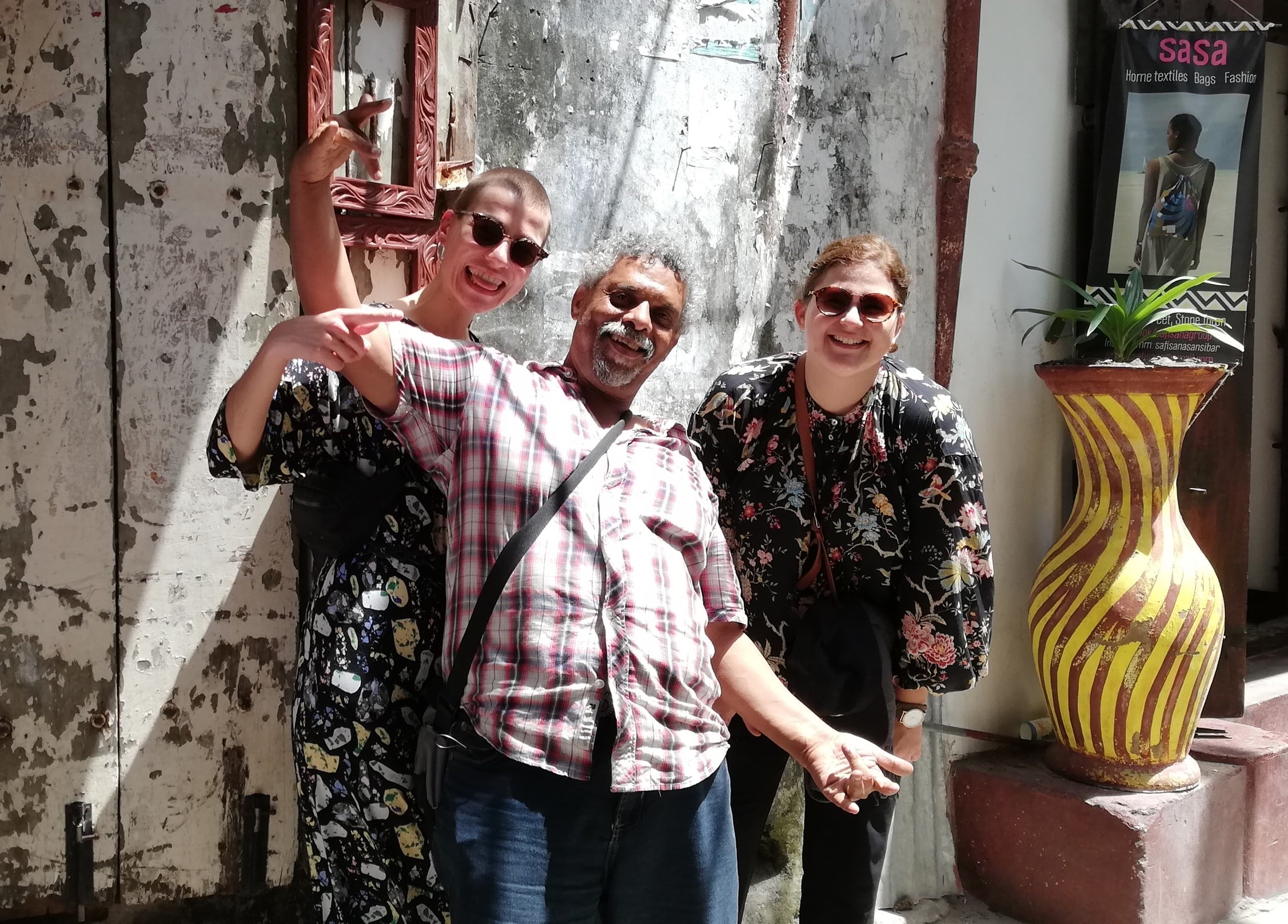
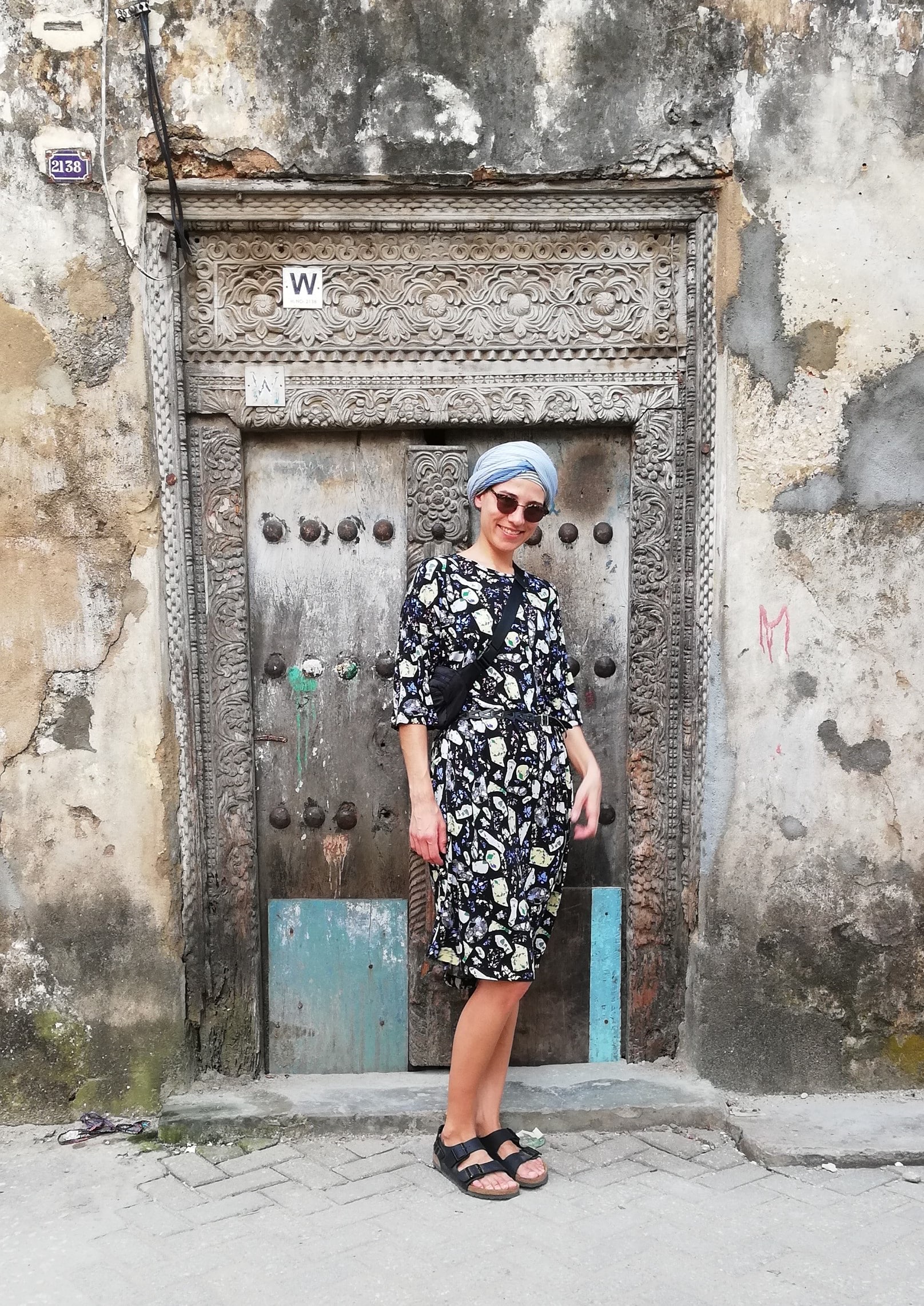
Having spoken to them directly many feel uncomfortable seeing so much uncovered skin in public. As of their understanding covering your skin for both men and women is a sign of respect especially in front of the elderly. Some locals even feel embarrassed especially if their parents are with them. This accounts especially for very short dresses, skirts, shorts and swimwear worn in public places. For the people living on Zanzibar it is their home, their place to work and their social and religious center. Children go to school and walk back home. During all of these parts of their everyday life they might have visual or direct contact with tourists. It also leads to a certain image Zanzibaris will develop from the countries the tourists are from, as they believe it is the way they dress every day. There are also voices getting louder which worry about how this affects the younger generation and whether or not they will adapt to the tourist dress code.
Now let’s have a look at what could be a good alternative. The good news is that no one expects a foreign woman to wear a headscarf to cover her hair nor to wear only clothes which reach to her wrist and ankle. The recommendation is to wear clothes which cover your knees (also when sitting), shoulders and cleavage. As a woman you can pack trendy maxi dresses, fluffy knee-long skirts, tops and t-shirts covering your shoulders, linen trousers or any other lightweight material. If you want to wear spaghetti straps or tank tops you can wear a crossed loop scarf over it and search for Youtube tutorials which give you great ideas on how to wear a scarf around your shoulders. There are also numerous dresses and pants you can choose from in Zanzibar and if not yet part of your travel wardrobe you can buy a colorful sarong which can be easily wrapped around your hips when going to and from the beach. Men are best to be seen with shorts covering their knees and t-shirts covering their shoulders.
As a rule of thumb be the most covered when in the capital Stone Town, in parts of villages with many locals, on markets, around children and public transport. Make sure to wear a long skirt, dress or trousers covering your lap when taking a “Dalla-Dalla” with wooden benches in the back as the benches are very low.
Now you are perfectly equipped with everything you need to know to enjoy your beach holiday in Zanzibar while at the same time respecting the local culture. Happy and sunny holidays!
